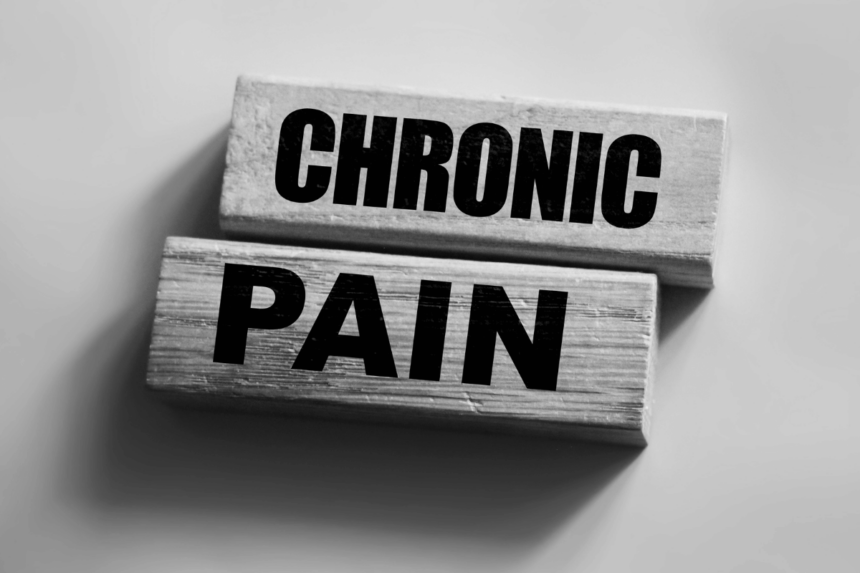Introduction:
Chronic pain affects millions of individuals worldwide, often leading to a decreased quality of life and a sense of helplessness. However, it’s important to remember that there are various strategies and approaches that can help manage chronic pain effectively. In this article, we will explore practical techniques and lifestyle adjustments that individuals with chronic pain can incorporate into their daily lives for improved well-being.
Understanding Chronic Pain
Chronic pain is defined as pain that persists for an extended period, typically beyond the expected healing time for an injury or condition. It can be caused by a wide range of factors, including injuries, medical conditions, or even psychological factors like stress and anxiety.
Managing Chronic Pain: A Holistic Approach
Pain Education and Self-Awareness:
Understanding the nature of chronic pain is the first step towards effective management. Educating oneself about the specific condition and its triggers empowers individuals to make informed decisions about their lifestyle and treatment options.
Incorporating Gentle Exercise:
Engaging in low-impact activities like swimming, yoga, or tai chi can help improve flexibility, strength, and overall well-being. Exercise stimulates the release of endorphins, the body’s natural painkillers.
Mind-Body Techniques:
Practices like meditation, deep breathing exercises, and progressive muscle relaxation can help calm the nervous system and reduce pain perception.
Nutrition and Anti-Inflammatory Diet:
A balanced diet rich in anti-inflammatory foods like fruits, vegetables, whole grains, and fatty fish can help alleviate chronic pain. Avoiding processed foods and excess sugar can also contribute to reduced inflammation.
Complementary Therapies:
Modalities such as acupuncture, chiropractic care, massage therapy, and physical therapy can be valuable components of a pain management plan.
Cognitive Behavioral Therapy (CBT):
CBT helps individuals identify and change negative thought patterns and behaviors associated with pain. It provides tools to cope with pain and improve overall mental well-being.
Medication Management:
Consultation with a healthcare provider is essential for exploring medication options. It’s important to find a balance between pain relief and potential side effects.
Sleep Hygiene:
Establishing a regular sleep routine and creating a comfortable sleep environment can significantly impact pain levels and overall well-being.
Social Support and Community:
Connecting with others who understand chronic pain can provide valuable emotional support and practical advice for day-to-day living.
Conclusion:
Living with chronic pain can be a challenging journey, but it’s important to remember that there are effective strategies and resources available. By adopting a holistic approach that encompasses physical, emotional, and psychological well-being, individuals can take significant steps towards managing chronic pain and improving their overall quality of life. Remember, each person’s pain journey is unique, and it’s important to tailor these strategies to fit individual needs and preferences. With persistence and a proactive approach, it is possible to find relief and regain a sense of control over one’s life.







